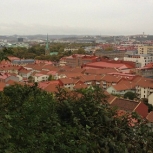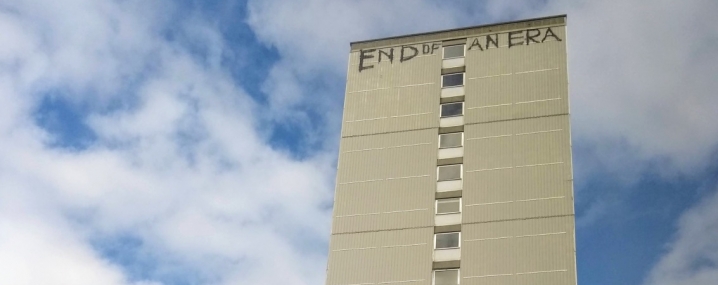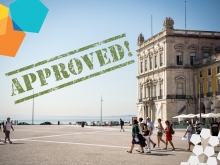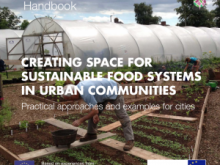
Gothenburg
Situated on Sweden’s west coast, the city is part of a large region covered by lakes and forests. The city is the second largest in the country and has many beautiful parks that are part of the lifestyle of its population of 516,000 people. At about €32,700, the average income of households is high, although prices are high too. Gothenburg is particularly committed to environmental matters. It was a pioneer, initiating its first Agenda 21 action plan when the movement started in 1992.
The port has played a key role in the city’s history and is still the largest in the Nordic countries, providing both a logistics hub and a base for the city’s fishing/shellfish industry. Two of Sweden’s largest private companies have their headquarters in the city—car and truck manufacturer Volvo and telecommunications company Ericsson. The global engineering company SKF is also well represented. The city’s two universities—Chalmers and the University of Gothenburg—are also major employers, while the student population adds dynamism to city life.
Gothenburg is also developing as a tourist centre, with the region recording 3.3 million bed nights at hotels in 2010. Seafood specialities, among others, make it a popular city for food lovers, while an archipelago of nearby islands that stretches all the way to Norway are also popular for trips. The Gothenburg Culture Festival is a six-day street party of music and theatre that attracts 700,000 people a year. The city also has a range of museums and art galleries.
SOME RELATED NETWORKS
Sustainable food
LC-FACIL
Article
Gothenburg’s new app for education
News
23 Action Planning Networks approved!
News
Big response to first URBACT Good Practice Call
Article
The challenges of implementation
Article







